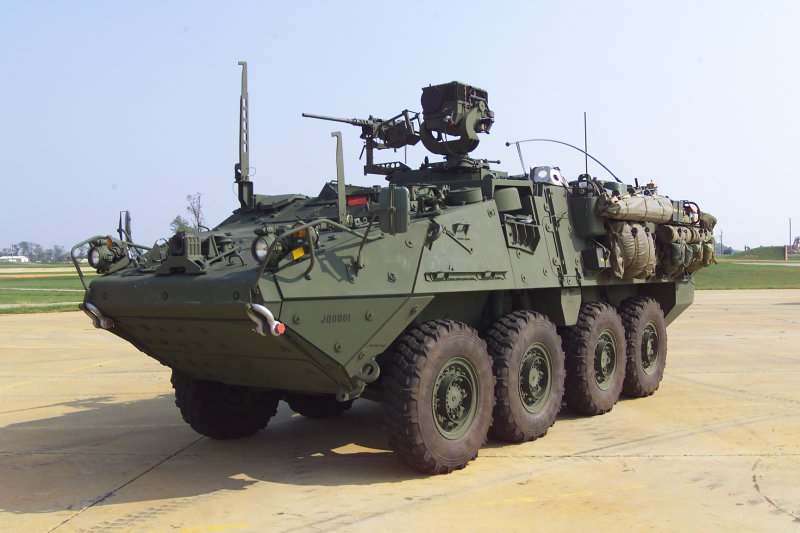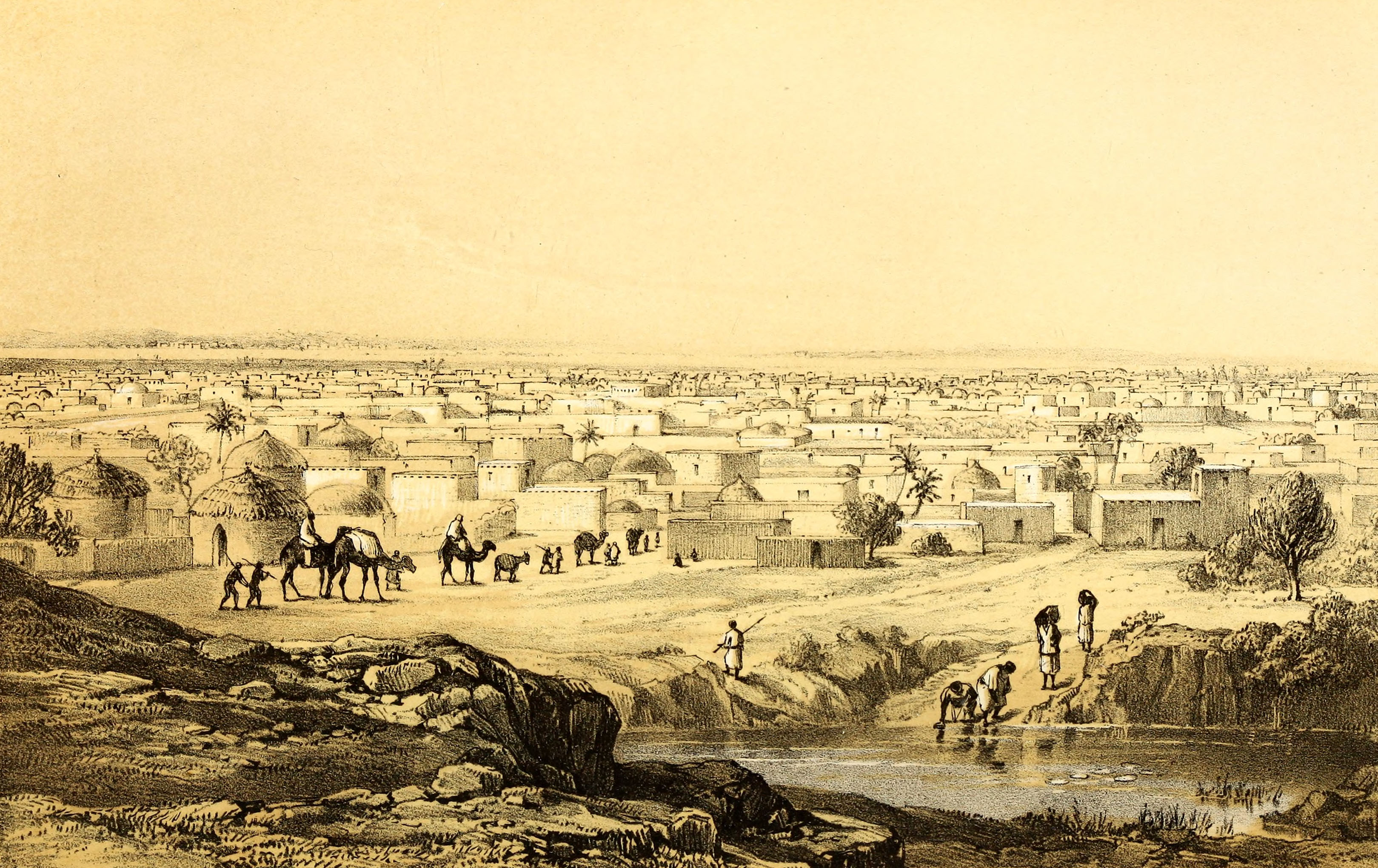|
Operation UNICORD
The Operation UNICORD (July 2 – July 12, 1967) was an offensive launched by the Nigerian Army at the beginning of the Nigerian Civil War. It involved the capture of 6 major Biafran towns near their northern border. Background When Nigeria became an independent state in October 1960 the newly formed government consisted mainly of northern politicians from the Hausa-Fulani ethnic group. Early on, the Nigerian government became corrupt with various politicians swindling public funds and rigging votes. By 1965, the Nigerian government became so corrupt that uprisings against the government sprang up all across Nigeria with various politicians attempting to gain more power. This resulted in rioting and mass arrests in the cities of Lagos and Ibadan. The politician Obafemi Awolowo was blamed for causing the riots and was sentenced to 10 years in a Nigerian prison. All of the chaos that occurred in the political ralm gave was to the 1966 Nigerian coup d'etat in which 11 senior po ... [...More Info...] [...Related Items...] OR: [Wikipedia] [Google] [Baidu] |
Biafran War
The Nigerian Civil War (6 July 1967 – 15 January 1970), also known as the Nigerian–Biafran War or the Biafran War, was a civil war fought between Nigeria and the Republic of Biafra, a secessionist state which had declared its independence from Nigeria in 1967. Nigeria was led by General Yakubu Gowon, while Biafra was led by Lieutenant Colonel Chukwuemeka "Emeka" Odumegwu Ojukwu. Biafra represented the nationalist aspirations of the Igbo ethnic group, whose leadership felt they could no longer coexist with the federal government dominated by the interests of the Muslim Hausa-Fulanis of Northern Nigeria. The conflict resulted from political, economic, ethnic, cultural and religious tensions which preceded the United Kingdom's formal decolonization of Nigeria from 1960 to 1963. Immediate causes of the war in 1966 included a military coup, a counter-coup, and anti-Igbo pogroms in Northern Nigeria. Control over the lucrative oil production in the Niger Delta also played a vi ... [...More Info...] [...Related Items...] OR: [Wikipedia] [Google] [Baidu] |
Kaduna
Kaduna is the capital city of Kaduna State, and the former political capital of Northern Region, Nigeria, Northern Nigeria. It is located in north-western Nigeria, on the Kaduna River. It is a trade Centre and a major transportation hub as the gateway to northern Nigeria, with its rail and important road network. The population of Kaduna was at 760,084 as of the 2006 Nigerian census. Rapid urbanization since 2005 has created an increasingly large population, now estimated to be around 1.3 million. The project population of people in Kaduna state as at 2021 is 8.9 million people. Etymology The etymology of the word ''Kaduna'' is said to be a corruption of the Hausa word for "crocodiles", ''Kaddani'' in the Hausa language (''kaduna'' being the plural form). Another version of the name proposes a link to the Gbagyi language, Gbagyi word/name 'Odna', meaning 'river'. History Kaduna was founded by British Empire, British colonists in 1900. The first British governor of Northern Nig ... [...More Info...] [...Related Items...] OR: [Wikipedia] [Google] [Baidu] |
Ferret Armored Car
The Ferret armoured car, also commonly called the Ferret scout car, is a British armoured fighting vehicle designed and built for reconnaissance purposes. The Ferret was produced between 1952 and 1971 by the UK company Daimler. It was widely used by regiments in the British Army, as well as the RAF Regiment and Commonwealth countries throughout the period. History The Ferret was developed in 1949 as a result of a British Army requirement issued in 1947. 'Light reconnaissance cars' existed during the Second World War, notably the Daimler Dingo. Given its experience with the successful Dingo (6,626 produced and one of two British AFVs produced throughout WWII) Daimler was awarded a development contract in October 1948, and in June 1950 the first prototype of the Car, Scout, 4×4, Liaison (Ferret) Mark 1 was delivered. Designated the FV 701(C), it was one of several versions resembling the original Daimler scout cars, and represented the basic model Ferret. This shared many simi ... [...More Info...] [...Related Items...] OR: [Wikipedia] [Google] [Baidu] |
Alvis Saladin
The FV601 Saladin is a six-wheeled armoured car developed by Crossley Motors and later manufactured by Alvis. Designed in 1954, it replaced the AEC Armoured Car in service with the British Army from 1958 onward. The vehicle weighed 11 tonnes, offered a top speed of 72 km/h, and had a crew of three. Saladins were noted for their excellent performance in desert conditions, and found favour with a number of Middle Eastern armies accordingly.''Middle East Economic Digest (1968)''. Collard, Elizabeth, Volume 12 pp. 131—173. They were armed with a 76 mm low-pressure rifled gun which fired the same ammunition as that mounted on the FV101 Scorpion. The Saladin also spawned an armoured personnel carrier counterpart, the Alvis Saracen. Despite the vehicle's age and dated design, it is still in use in a number of countries in secondary roles. History Development Following the end of the Second World War, the British Army issued a requirement for a new, 6×6 wheeled armoured v ... [...More Info...] [...Related Items...] OR: [Wikipedia] [Google] [Baidu] |
Reconnaissance Vehicle
A reconnaissance vehicle, also known as a scout vehicle, is a military vehicle used for forward reconnaissance. Both tracked and wheeled reconnaissance vehicles are in service. In some nations, light tanks such as the M551 Sheridan and AMX-13 have also been used by scout platoons. Their armament ranges from a medium machine gun to a large cannon. Modern examples are often fitted with ATGMs and a wide range of sensors. Reconnaissance vehicles are designed with several philosophies: scout cars used for passive reconnaissance, with a low profile or small size and are lightly armoured to maximize mobility, relying on speed, stealth and cover to escape detection; armoured reconnaissance used for active reconnaissance, distinct from ordinary scouts in weight and size of weapons and armor, designed not to break away from attacks, but to force their way through towards their objective." Design Smaller caliber weapons help reduce the vehicle's profile and noise signatures. In contrast, Fr ... [...More Info...] [...Related Items...] OR: [Wikipedia] [Google] [Baidu] |
Republic Of Biafra
Biafra, officially the Republic of Biafra, was a partially recognised secessionist state in West Africa that declared independence from Nigeria and existed from 1967 until 1970. Its territory consisted of the predominantly Igbo-populated former Eastern Region of Nigeria. Biafra was established on 30 May 1967 by Igbo military officer and Eastern Region governor C. Odumegwu Ojukwu under his presidency, following a series of ethnic tensions and military coups after Nigerian independence in 1960 that culminated in the 1966 massacres of Igbo people and other Eastern ethnic groups living in northern Nigeria. The military of Nigeria proceeded to invade Biafra shortly after its secession, resulting in the start of the Nigerian Civil War. Biafra was formally recognised by Gabon, Haiti, Ivory Coast, Tanzania, and Zambia. Other nations, which did not officially recognise Biafra, but provided diplomatic or military support to Biafra, included France, Spain, Portugal, Norway, Israel, Rho ... [...More Info...] [...Related Items...] OR: [Wikipedia] [Google] [Baidu] |
Christopher Okigbo
Christopher Ifekandu Okigbo (16 August 1932 – 1967) was a Nigerian poet, teacher, and librarian, who died fighting for the independence of Biafra. He is today widely acknowledged as an outstanding postcolonial English-language African poet and one of the major modernist writers of the 20th century. Early life Okigbo was born on 16 August 1932, in the town of Ojoto, about from the city of Onitsha in Anambra State. His father was a teacher in Catholic missionary schools during the heyday of British colonial rule in Nigeria, and Okigbo spent his early years moving from station to station. Despite his father's devout Christianity, Okigbo had an affinity, and came to believe later in his life, that in him was reincarnated the soul of his maternal grandfather, a priest of Idoto, an Igbo deity. Idoto is personified in the river of the same name that flows through Okigbo's village, and the "water goddess" figures prominently in his work. ''Heavensgate'' (1962) opens with the line ... [...More Info...] [...Related Items...] OR: [Wikipedia] [Google] [Baidu] |
Aburi, Ghana
Aburi is a town in the Akuapim South Municipal District of the Eastern Region of south Ghana famous for the Aburi Botanical Gardens and the Odwira festival.Touring - Eastern Region . touringghana.com. Aburi has a population of 18,701 people as of 2013. Transport Road Aburi is north east of , and the journey from Accra to Aburi is about 45 mins (will be less when the dual carriage road from Tetteh Quarshie Circle to Adenta Barrier is completed by 2014). Due to the altitude of Aburi, the climate is a lot cooler than neighbouring |
Kano (city)
Kano (Ajami: كانو) is a city in northern Nigeria and the capital of Kano State. It is the second largest city in Nigeria after Lagos, with over four million citizens living within ; located in the Savanna, south of the Sahel, Kano is a major route of the trans-Saharan trade. The city has been a trade and human settlement for millennia. It is the traditional state of the Dabo dynasty who since the 19th century have ruled as emirs over the city-state. Kano Emirate Council is the current traditional institution inside the city boundaries of Kano, and under the authority of the Government of Kano State. The city is one of the medieval Hausa seven kingdoms and the principal inhabitants of the city are the Hausa people. Centuries before British colonization, Kano was strongly cosmopolitan with settled populations of Arab, Berber, Tuareg, Kanuri and Fula and remains so with the Hausa language spoken as a lingua-franca by over 70 million speakers in the region. Islam arrived i ... [...More Info...] [...Related Items...] OR: [Wikipedia] [Google] [Baidu] |
1966 Anti-Igbo Pogrom
The 1966 anti-Igbo pogrom was a series of massacres committed against Igbo people and other people of southern Nigerian origin living in northern Nigeria starting in May 1966 and reaching a peak after 29 September 1966. Between 8,000 and 30,000 Igbos and easterners have been estimated to have been killed. A further 1 million Igbos fled the Northern Region into the East. In response to the killings some northerners were massacred in Port Harcourt and other eastern cities. These events led to the secession of the eastern Nigerian region and the declaration of the Republic of Biafra, which ultimately led to the Nigeria-Biafra war. Background The events took place in the context of military coups d'etat and in the prelude to the Nigerian Civil War. ) The immediate precursor to the massacres was the January 1966 Nigerian coup d'etat led mostly by young Igbo officers. Most of the politicians and senior army officers killed by them were northerners because Northerners were the majorit ... [...More Info...] [...Related Items...] OR: [Wikipedia] [Google] [Baidu] |
Yakubu Gowon
Yakubu Dan-Yumma 'Jack' Gowon (born 19 October 1934) is a retired Nigerian Army general and military leader. As Head of State of Nigeria, Gowon presided over a controversial Nigerian Civil War and delivered the famous "no victor, no vanquished" speech at the war's end in an effort to promote healing and reconciliation. The Nigerian Civil War is listed as one of the deadliest in modern history, with some accusing Gowon of crimes against humanity and genocide. Gowon maintains that he committed no wrongdoing during the war and that his leadership saved the country. An Anglican Christian from a minority Ngas family of Northern Nigeria, Gowon is a Nigerian nationalist, and a believer in the unity and oneness of Nigeria. Gowon's rise to power following the July 1966 counter-coup cemented military rule in Nigeria. Consequently, Gowon is the longest serving contiguous head of state of Nigeria, ruling for almost nine years until his overthrow in the coup d'état of 1975 by Bri ... [...More Info...] [...Related Items...] OR: [Wikipedia] [Google] [Baidu] |


